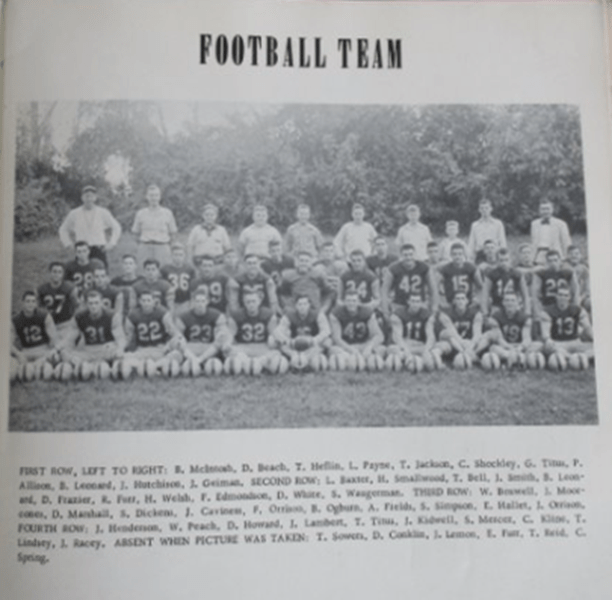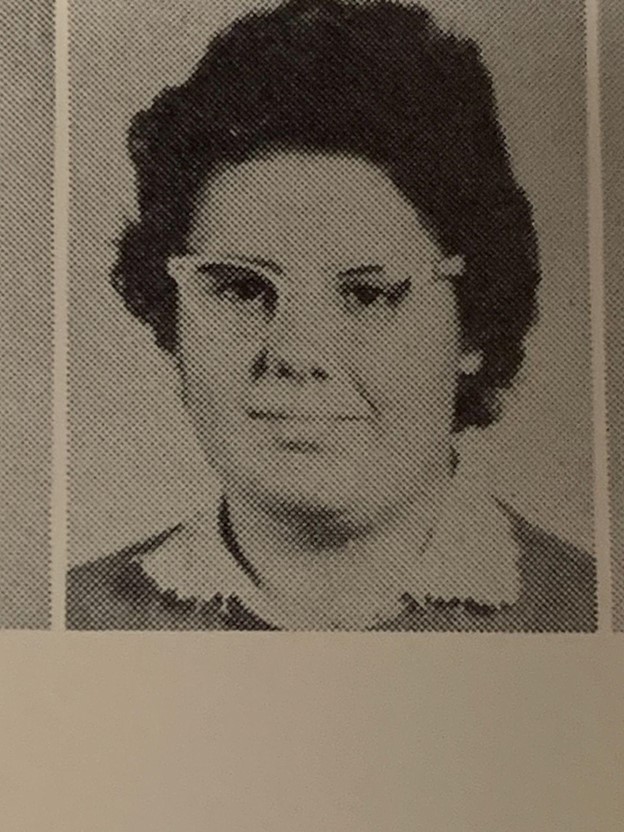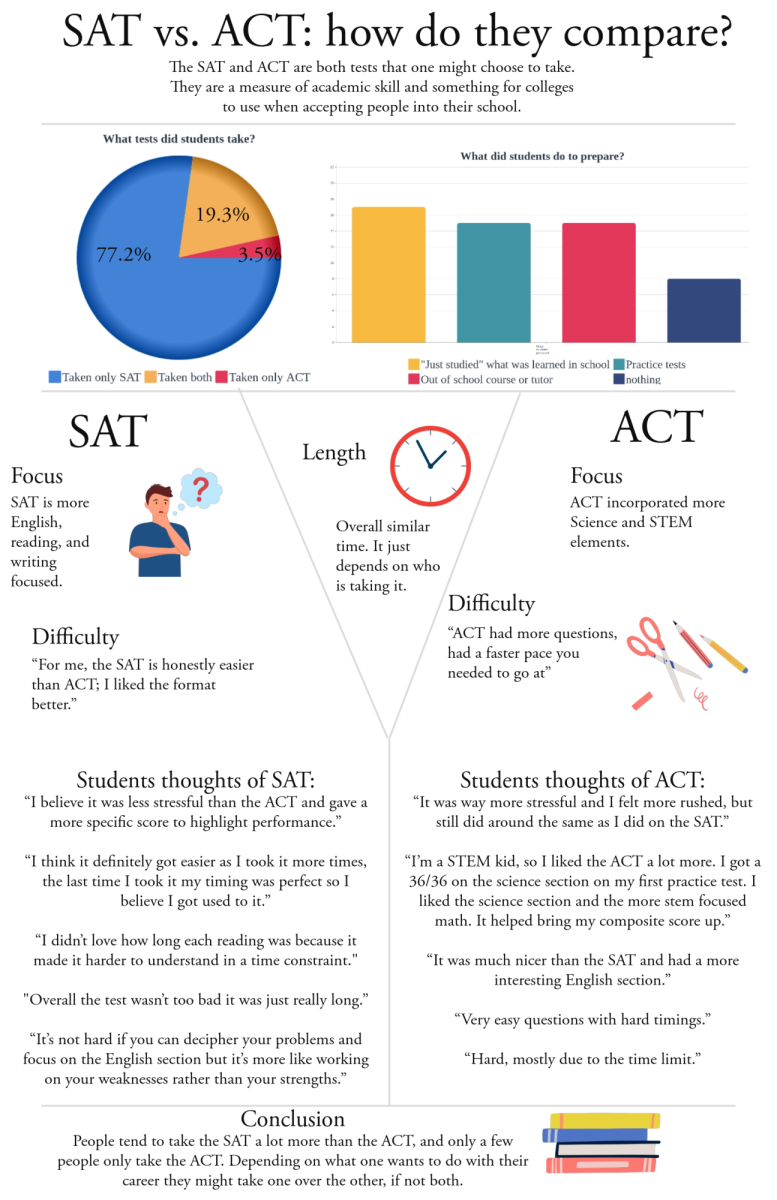End the stigma against blue collar jobs
The US labor market has a problem. While we constantly push high schoolers to pursue higher education and positions we deem honorable, such as doctor or lawyer, we forget the career options that support our easy lifestyles and standard of living. When was the last time a student was encouraged to become an electrician, a factory worker, or waste collector?
Ironically, we hear constant complaints about the prices, quality, and accessibility of services like these.
How can we as a society expect people to work as the foundation of America, providing the services and creating the products essential to the success of US society, while simultaneously ignoring at best or degrading at worst the professions that provide these?
According to recent statistics from ‘resumebuilder.com’ only 47% of recent graduates have secured full-time employment in a job related to what they studied in college, and the majority, 56% according to Forbes, are graduating with thousands of dollars in student debt.
Skipping the student debt and earning immediately as an apprentice are significant draws for some students, cognizant of the weight student loans have on one’s life.
Many, however, don’t understand how high the pay is for many technical jobs within the industry, with many skilled trade jobs earning above the $55,260 average for college graduates in the US, as according to Bankrate.com.
“Our education system also must more broadly encourage skills-based education,” Kristin Tate wrote, for The Hill. “For many students, the degree on the wall often comes with increasingly unserviceable personal debt and fewer job openings … Meanwhile, certification programs and specialized degrees at colleges, vocational and trade schools can yield lucrative careers. Electricians and plumbers are in such high demand that some pull in six-figure salaries. Employees at the dock of Los Angeles can clear $100,000 a year with overtime. Starting truckers average over $70,000.”
Along with financial success, blue-collar workers have higher levels of job security, especially in this time period.
Blue-collar career fields, especially since the chaos in our economy brought by the pandemic, are experiencing shortages in many areas, providing a level of job security that both promotes employee benefits and provides peace of mind when looking for and keeping a job.
Blue-collar fields are also often less likely to engage in downsizing or outsourcing, due to the constant demand for the foundational services they provide.
“Blue-collar work is largely essential—these individuals keep our homes and offices running safely and smoothly,” says Sam Pillar, CEO of HJ, a leading provider of home service operations management software. “Our communities couldn’t operate without them.”
But in fact, the term “blue collar” has become a controversial one, conjuring images of dirty physical labor and a stigma that the jobs require a lower level of intelligence, skill, and work, while simultaneously being seen as harder, due to their physical aspect normally missing in the traditional white-collar jobs.
These ideas are patently untrue.
Firstly, the idea that blue-collar work is low-intelligence is false. Of course anyone can approach their work intelligently or unintelligently, but more importantly many of these jobs require a specialized skill set and analytical problem solving skills, which are the same job requirements shared with white-collar professions.
Deducing the problem with a sink’s plumbing, using visual-spatial skills to find irregularities, understanding how multiple parts may be contributing to the problem in their combined functionality, and honing the interpersonal skills required for customer service all require a high level of intelligence to complete efficiently and effectively.
Due to the work demands of blue-collar jobs, quick thinking is also an extremely necessary skill.
“Blue-collar work demands intelligence, creativity, and innovation. Workers need to be able to think on their feet and come up with solutions to problems that arise on the job,” said Doug Oberhelam, former CEO of Caterpillar Inc, for CNBC.
Blue-collar work is also not always physically demanding.
“There are so many different types of blue-collar jobs out there. Some require physical strength, while others demand technical skills or creative problem-solving,” said Mike Rowe, host of Discovery Channel’s ‘Dirty Jobs’, for CNN Money.
In fact, many of the jobs at the higher pay end of blue-collar work are associated with less physically demanding jobs, with a larger focus on specialized technical skills.
In conjunction with reducing the stigma around blue-collar jobs, implementing easily accessible educational pathways to blue-collar career fields within the public school system is integral to encouraging students to consider this career path, and to educating parents on the benefits of supporting their children in this choice.
While there are many ways to expand and improve this education and support, we do already have some of these courses in the Loudoun County Public School system.
At the Monroe Advanced Technical Academy (MATA), part of the Academies of Loudoun, there are programs that provide students with a variety of blue-collar job experience. Programs such as Heating, Ventilation and Air Conditioning, Welding, Building Construction and Auto Service Technology are all offered as one or two year programs. After completion of these programs, students can receive an apprenticeship or certification to work at any location in Virginia.
However, these classes have very limited spots, competed for by students from the whole county, and require an extra application to vie for a place, something not easily accessible for many students.
The classes that are more easily accessible, such as the regular high school courses at a student’s home school, tend to be quite limited in the type of skills they teach. Found at the end of the art hallway in Loudoun County High School, engineering and woodworking classes teach students important skills in trade industries. Tech Ed teachers Charles Post and Daniel Chandlee guide students through various classes such as Materials and Processes, Production Systems, Tech Drawing and Design, and Manufacturing Systems. In these courses, students learn design and manufacturing techniques through a mix of machinery and digital programming.
However, if we want to support students in choosing these career paths, a larger variety of course content, including more specialized hands-on learning, should be taught.
Programs more similar in style to the MATA programs, with opportunities to gain work experience in specialized fields, should be offered at regular high schools throughout the county, and while new teachers and supplies can be expensive, they aren’t necessarily required.
Other schools across the United States pushing for blue-collar skills education have formed strong partnerships with local colleges and neighborhood businesses that offer the specialized instructions and equipment.
As Amelia Harper writes for the K-12 DIVE, this “can allow schools to help students build these more specific skills in high school without much additional cost to the district.”
But beyond offering students the courses, we need to convince parents of the value of blue-collar jobs. Students are often pressured by the adults in their lives not to pursue these positions because of the stigmas associated with them.
“Younger workers are reluctant to take on these [blue-collar] positions because … parents perceive these jobs as requiring a lot of manual hard work, which for certain positions that have become more high-tech, is no longer true,” says Aparna Mathur, resident scholar in economic policy studies at the American Enterprise Institute, for the Society of Human Resource Management. “The image of these jobs as being hard and ‘dirty’ often discourages people from applying.”
We need to change the way we think about these jobs, bringing them into a social mindset as a diverse set of jobs that require a variety of skill sets and personalities that are just as valuable as white-collar workers.
While a work in progress, our county is among one of many that is beginning to see the importance of blue-collar careers and of supporting students pursuing them with educational and training opportunities. It is our duty now to push for a continued acceptance of and appreciation for these jobs, as well as lobbying our school system to work in a positive direction towards further implementation. So next time you hear someone talk down about a “garbage man,” remind them exactly how important these jobs are to our way of life.
Your donation will support the student journalists of Loudoun County High School. Your contribution will allow us to purchase equipment and continue to print our issues for the students at our school.



















